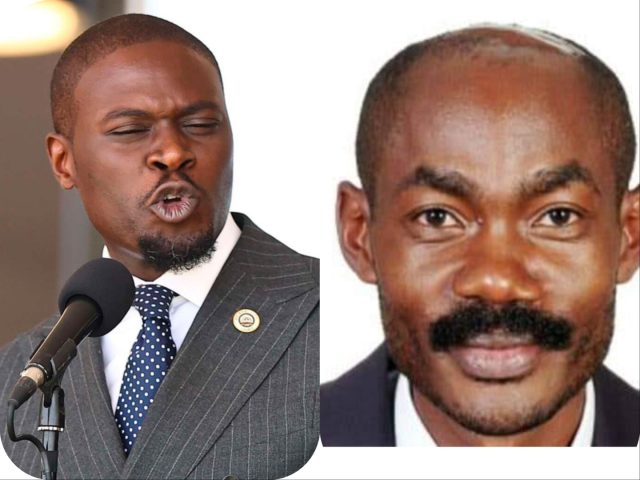Nairobi Governor Johnson Sakaja recently made headlines with his decision to withdraw from the impeachment case against Deputy President Rigathi Gachagua. This move raised eyebrows and sparked discussions about the political dynamics at play.
One primary reason for Sakaja’s withdrawal is the potential for political repercussions. As a prominent leader in the capital, Sakaja may have assessed that his continued involvement in the impeachment could alienate the electorate who support Gachagua. READ FULL STORY
Maintaining political alliances is crucial in Kenya’s complex political landscape, and Sakaja might have prioritized his political survival over confrontation.
Additionally, there were concerns regarding the strength of the evidence presented in the impeachment motion.
Sakaja recognized that the case lacked substantial backing, which could have further complicated his position.
By stepping back, he avoids being associated with a potentially weak case that may not resonate with the public and senators.
The ongoing summit in Mexico gave him the perfect excuse to skip the event.
Sakaja is in Mexico City for the Bloomberg CityLab 2024 summit, where he is one of the keynote speakers. The Governor joined discussions on urban governance, highlighting the role of youth in shaping city policies.
“Later today, Bloomberg CityLab reporter Fola Akinnibi will join Governor H.E. Sakaja Arthur Johnson of Nairobi, Kenya, to talk about what cities can learn from putting young people at the heart of decision-making,” the event programme read in part.
Ultimately, Governor Sakaja’s decision to withdraw underscores the intricate balancing act of politics in Kenya, where personal ambitions, party dynamics, and public opinion all play critical roles in shaping decisions.







